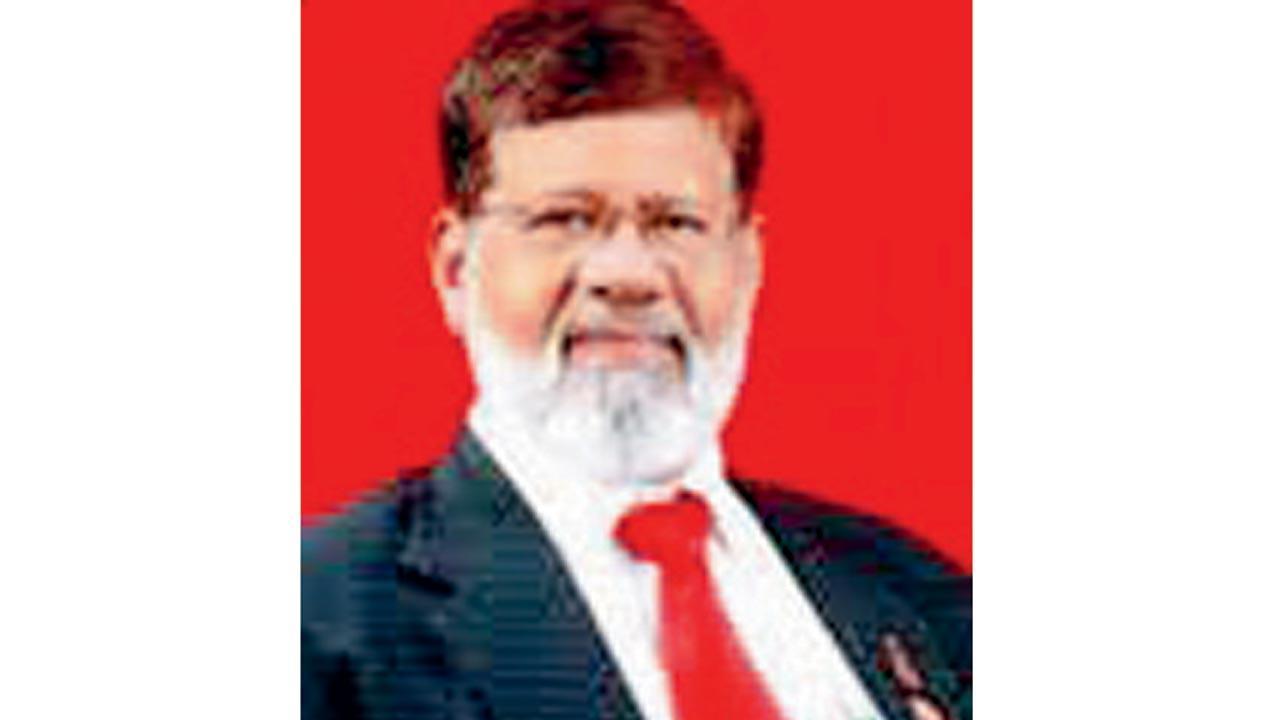Mumbai: ‘Arrested scientist was honey-trapped’

The award-winning scientist arrested by the Maharashtra ATS on espionage charges, Pradeep Kurulkar, had shared with Pakistani agents, confidential details regarding various missile systems and critical information pertaining to other projects he was leading. Investigations revealed that Kurulkar may have been honey-trapped by Pakistani agents.
Kurulkar had also undertaken foreign visits which are currently being investigated. “We are probing his foreign visits and also checking what kind of information he has shared and how damaging it is,” said an officer from the Maharashtra ATS.
He had been put under surveillance after a Defence Research and Development Organisation (DRDO) vigilance team noticed some suspicious activity on his part. ”All his activities and meetings outside the office premises were followed and some shocking details emerged,” said the officer.
Also Read: Thane: Probe ordered, private firm may lose asylum contract
According to the DRDO website, Kurulkar was outstanding in his work and had been appointed as the Director of the Research & Development Establishment (Engineers). Kurulkar joined DRDO at the Combat Vehicles Research & Development Establishment (CVRDE) at Avadi in 1988, after completing his Bachelor’s degree in electrical engineering in 1985, with distinction. He followed up with advanced courses in power electronics from IIT Kanpur, with a specialisation in drives and applications. Kurulkar specialised in the design and development of missile launchers, military engineering equipment, advanced robotics and mobile unmanned systems for military applications.
His profile on the DRDO website reads: “As a project leader and system manager for Akash Ground Systems, he has played a major role in the design, development and production of Akash launchers and mission-critical ground systems. His efforts have resulted in the release of production orders to the tune of R1,000 crore for the launchers and other ground systems. He also played a major role as a project director for the Agni Project, developing road and rail versions of launchers and ground systems. His key role in their development with users has resulted in the release of production to orders to the tune of R250 crore for the Agni Project.”
The website further states that Kurulkar, as a team leader and lead designer, played a major role in the design, development and delivery of a number of military engineering systems and equipment. These included missile launchers for the Nirbhay Subsonic Cruise Missile System. On March 27, 2019, DRDO successfully conducted Mission Shakti—an anti-satellite missile test. “The critical subsystem of this mission was the design and development of a ballistic missile launcher from concept to a deployable prototype. The launcher was developed within three months under the leadership of Pradeep Kurulkar, whose innovative execution and management techniques got the system ready in advance and also brought laurels to R&DE (Engineers), Pune,” his profile reads.
Another achievement by Kurulkar was the successful development and implementation of electro-mechanical servo drive technology for high-performance military applications, along with advanced products such as Autonomous Unmanned Ground Vehicles and intelligent robotic equipment for military applications.
According to the DRDO, Kurulkar has a futuristic vision to make the country self-reliant in critical areas. He received the Science Day Award for Best Publication in 2000, the DRDO Agni Award for Excellence in Self-Reliance in 2002, the DRDO Award for Path-breaking Research/Outstanding Technology Development in 2008 for Akash, the DRDO Award for Performance Excellence for the Medium Range Surface-to-Air Missile (MRSAM) in 2016, and the Award for Excellence of Technology by the Defence Manufacturers Association (DEMA) in 2016.
Kurulkar is a fellow of the Institution of Engineers (India), a life member of the Indian National Sociwety for Aerospace and Related Mechanisms (INSARM), a member of the Fluid Power Society of India (FPSI) and the Robotics Society of India. He is also a life member of the Institute of Smart Structures and Systems (ISSS).

Atul Tiwari is a seasoned journalist at Mumbai Times, specializing in city news, culture, and human-interest stories. With a knack for uncovering compelling narratives, Atul brings Mumbai’s vibrant spirit to life through his writing.





